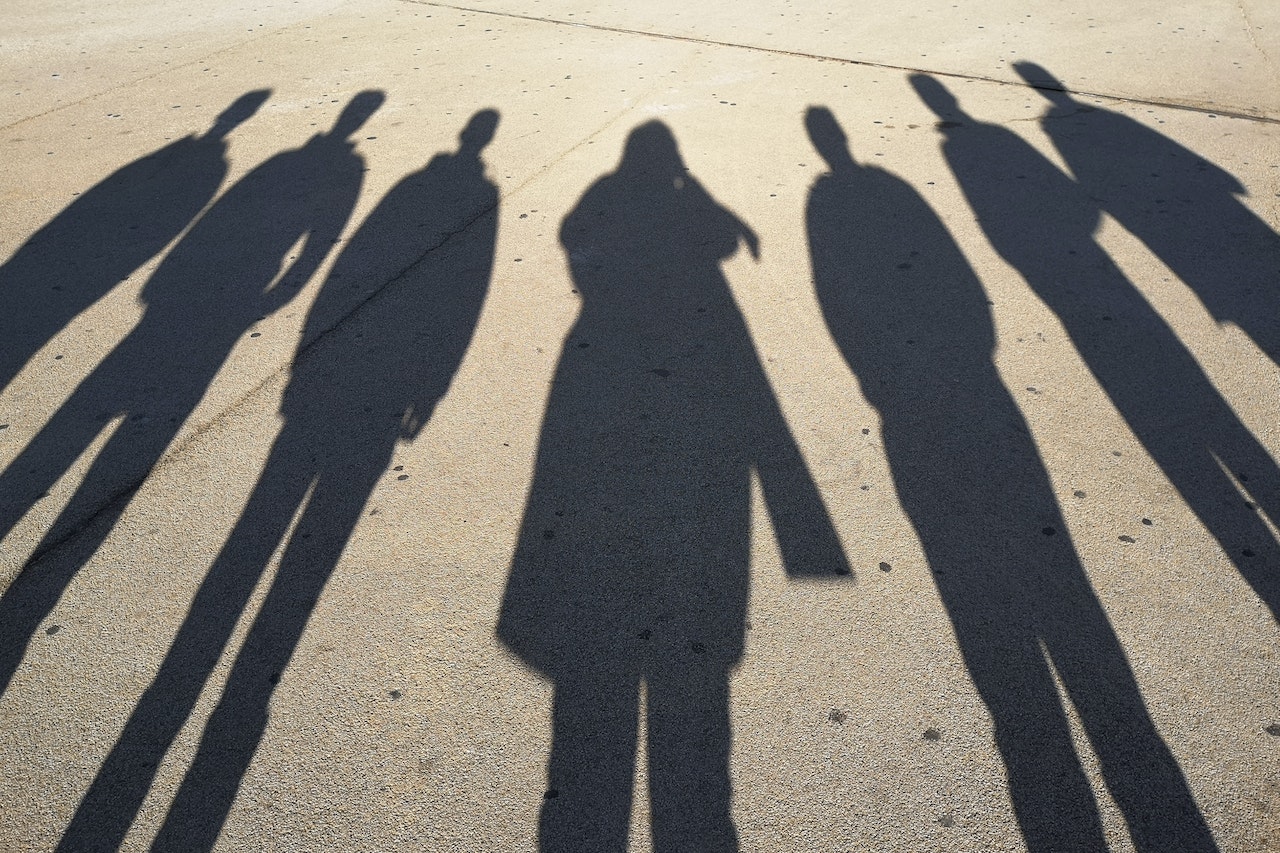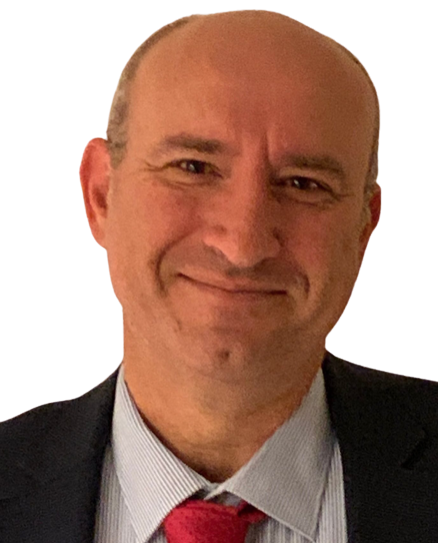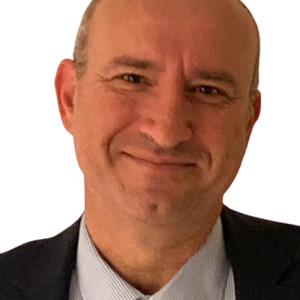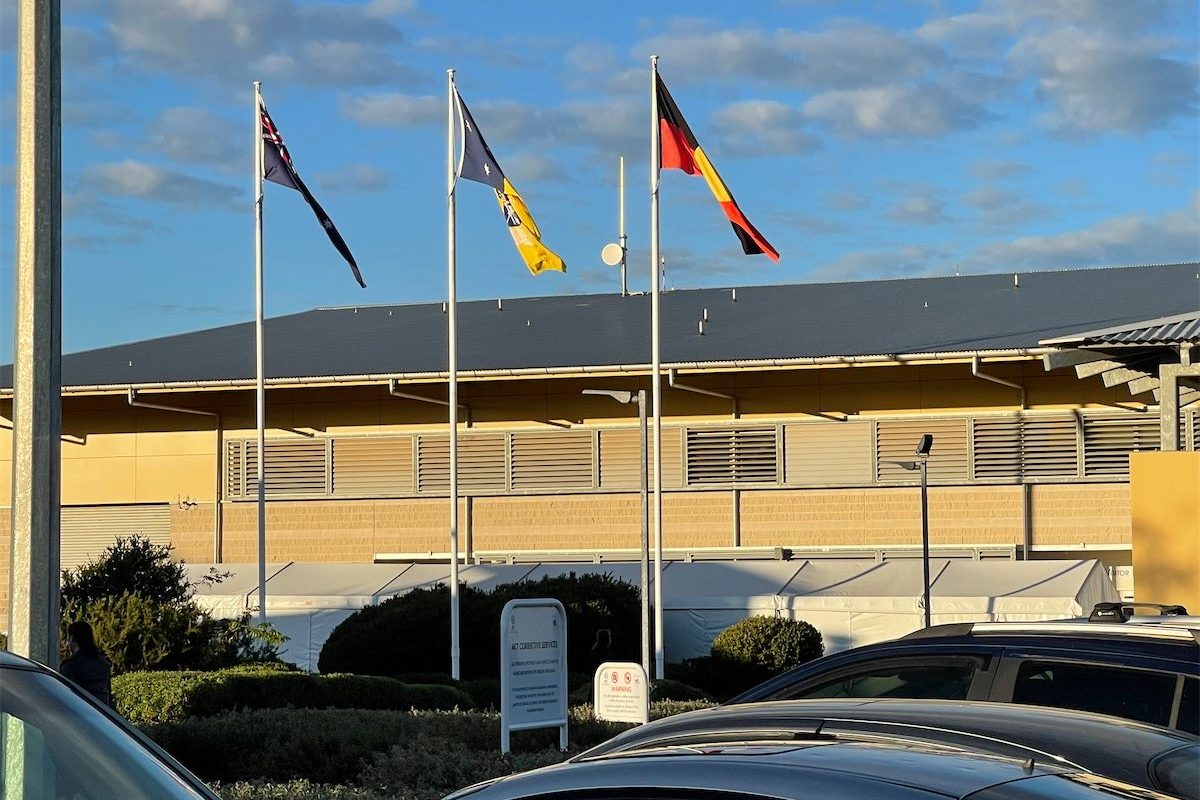
“You can’t be fit without perspiring occasionally. You can’t be an ethical person if you race to the shortcut decisions made by others, without using your brain,” writes ANTONIO DI DIO in the latest of his “Short History of Kindness” columns.
THE best part of all my jobs is listening to how other people interpret each other – how they make sense of the world we live in.

Generally, we have a million daily decisions to make, so many effective people automate as much as they can – that’s why some IT moguls wear the same T-shirt every day, or why my wife has the same breakfast every day. I’m saddened by otherwise sensible people wasting a precious hour of their life every day, deciding what to wear or what to eat.
So we come up with rules for ourselves – inventing our own shortcuts.
When I’m at the supermarket key choices arise quickly by my rules, otherwise I could still be there an hour later, trapped like a fly in amber at the cereal aisle. Tuna Italian, everything else Aussie. Hide the chocolates. You know.
Fascinatingly, most of us have also made our shortcuts about a whole bunch of other things, and they are not always right, and we cannot fix them if we don’t know they are there.
If you’re wandering in a tough part of a US town late at night and a gang of youths appear nearby, you’d quite naturally raise a hackle of anxiety. If you’re a youth in that part of town and a police officer walks by, you might both make each other anxious. These emotional short cuts are what they are, and get embedded, fair or not, over the years into our brain.
I get that we have a prime need for self protection, but what about values? I asked a youngster recently how they assessed an issue and they replied, naturally, that they would assess all sides of an issue, test the evidence, and come up with an informed choice.
Sounds great, me too. Except is that what we really do? I asked the same kid the next day what they thought about a book and they said it was bad.
Why? Because it had been written by someone who had been cancelled. And you know what? They had not even read the book. Two legs bad four legs good. Moral choices with shortcuts provided by the crowd. Maybe it was a terrible book – but how would he know?
We must do better. As a society we need to make moral and value-based decisions with care and respect for each other and that means making the effort to think.
You can’t be fit without perspiring occasionally. You can’t be an ethical person if you race to the shortcut decisions made by others, without using your brain. And those shortcuts you create can be reasonably simple too, of course.
In a recent Donna Leon novel, Commisario Brunetti is challenged by his mate as to why he wanted to undertake a strange investigation on behalf of a woman he hardly knew. Embarrassed, Brunetti said: “Forty years ago, her mother was once kind to my mother”.
While desperately thinking further of a better reason, his mate smiles back and says: “Are you trying to think of a better reason? There is none”, and off they went to investigate. Beautiful. Very Italian, I know, but not the worst way to live your life. Moral shortcuts needn’t be complex, just thought out well,
My dad had a cracking reason to do stuff. When he’d say to mum that he had to mow Mr Cecil’s lawn because his own son was away, mum would ask why? We can’t afford anything! Dad would say: “Mr Cecil, she’s a very beautiful man”. (Dad would have loved the pronoun festival of today’s world – he terrorised English grammar like a dog with a pizza-stained beanbag).
Anyway, mum and dad shared a code – if anybody was a “very beautiful man” it meant that at some point since the early 1950s he (or she – sigh) had said a kind word to a migrant, an indigenous person or a poor farmer or fisherman in the town. That was good enough for mum, and off dad went with his mower. She was a beautiful mower, by the way – two stroke, by the name of Vittorio Emmanuelle the Third. God, I wish I was kidding.
Let’s design those shortcuts however we want, no matter how silly – because as long as they are kind, they will be fine. How can you be sure they’re right? Generally, I find wisest answers from mums – yours or anybody else’s. Tell them you need help with a very beautiful man ☺.
Antonio Di Dio is a local GP, medical leader, and nerd.
Who can be trusted?
In a world of spin and confusion, there’s never been a more important time to support independent journalism in Canberra.
If you trust our work online and want to enforce the power of independent voices, I invite you to make a small contribution.
Every dollar of support is invested back into our journalism to help keep citynews.com.au strong and free.
Thank you,
Ian Meikle, editor





Leave a Reply